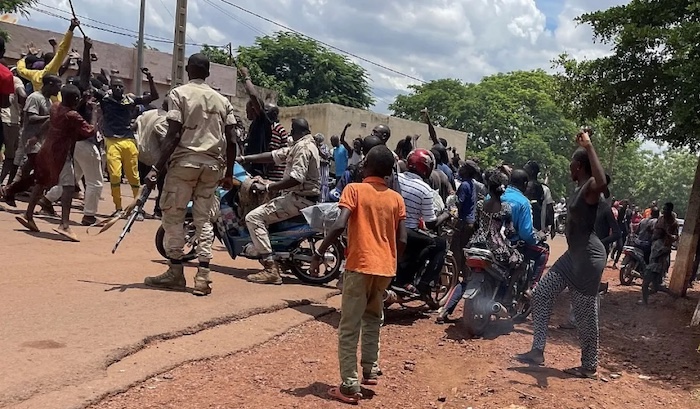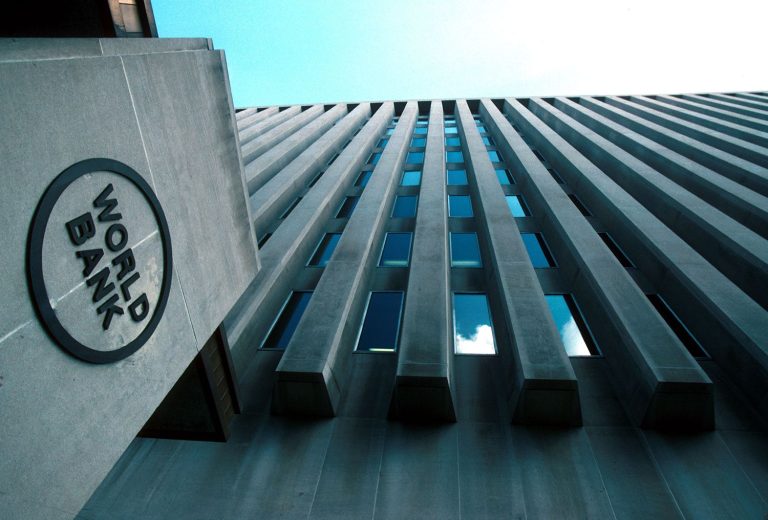
Jihadi fighters affiliated with al Qaeda are tightening their grip around Bamako, the capital of Mali, as fears mount over a possible siege and the collapse of the country’s military junta.
The militants, belonging to Jama’at Nusrat al-Islam al-Muslimin (JNIM), have blocked key roads leading into Bamako, cutting off fuel supplies and launching attacks on military patrols and tanker convoys. Fuel shortages have forced schools and colleges to shut down, with long queues forming at petrol stations across the city.
Western nations, including the United Kingdom, the United States, and Germany, have warned their citizens to leave immediately. The UK Foreign Office said on Thursday that Britons should “leave immediately by commercial flight if you judge it safe to do so,” while the US State Department cited the “unpredictability of Bamako’s security situation” in its own advisory.
According to the Armed Conflict Location & Event Data (ACLED) project, JNIM attacked a convoy of more than 100 fuel trucks in mid-September, setting fire to half of them. Analysts say the group has intensified its campaign of “economic warfare,” targeting infrastructure and transport routes.
Daniele Garofalo, a terrorism analyst, told CNN that JNIM “has diversified its tactics,” escalating “economic warfare campaigns with roadblocks, extortion/taxation and fuel blockades.” The Counter Extremism Project (CEP) said the militants have captured large amounts of weaponry from government forces and now use drones in attacks.
The Malian army, supported by Russian paramilitary fighters under Moscow’s “Africa Corps,” has carried out helicopter strikes and patrols, claiming to have killed dozens of insurgents. But attacks continue to spread across central and southern Mali, leaving garrisons isolated and deepening shortages.
JNIM, which declared allegiance to al Qaeda in 2017, has been active across Mali, Burkina Faso, and Niger. Its recent advances have heightened fears of regional contagion.
“It is a conflict amid the fluid borders between Mali, Niger and Burkina Faso and there is also a risk of contagion to other states – northwest Nigeria and Cote d’Ivoire for example,” said Edmund Fitton-Brown, a former UN sanctions monitor.
He warned that Burkina Faso is most at risk. “The contagion spreading to Burkina Faso is all but a certainty,” he said.
Analysts believe JNIM’s strategy is to isolate Bamako rather than launch a direct assault. Garofalo said the group has become adept at “conveying the discontent and demands of the poorer sections of the population and ethnic minorities,” seeking to portray itself as a more legitimate authority.
According to the CEP, “Mali could become the first country ruled by al Qaeda in its four-decade history” if the militants succeed in toppling the junta. Fitton-Brown added that the regime, led by Colonel Assimi Goïta, is increasingly isolated after falling out with France, the UN, and ECOWAS. “The Russians were never going to be an alternative,” he said.
“JNIM will eventually insist on a government more to their liking in Bamako,” Fitton-Brown added, warning that the group may not need to take full control to achieve its goal of reshaping Mali’s political landscape.
Faridah Abdulkadiri



